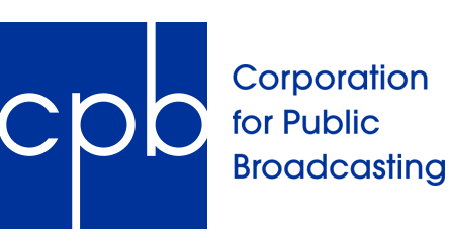NAB Disputes FCC Contention That Retrans Blackouts Have `Increased Dramatically’
While continuing to oppose blackout reporting requirements, the NAB urges the FCC to require MVPDs to report both successful and unsuccessful negotiations

In response to the pay TV industry's support of an FCC proposal to require MVPDs to report blackouts resulting from impasses in retransmission consent negotiations, the National Association of Broadcasters has filed a brief with the FCC that disputes the notion that retransmission disputes are increasingly resulting in blackouts of broadcast signals for pay TV subscribers.
The NAB also continued to dispute the FCC’s regulatory authority to impose a blackout reporting requirement on MVPDs and argued that the requirement “also will not achieve any meaningful benefits for consumers.”
“If, however, the Commission is still intent on adopting some version of the proposed rules, it should provide consumers with a more complete picture by requiring MVPDs to report on both the limited disruptions in broadcast signal carriage on pay TV services and on all retransmission consent agreements successfully reached without any negotiating impasses,” the brief said. “Anything short of that would undoubtedly mislead consumers and others, including policymakers, as to the actual frequency of retransmission consent disputes and would provide a strong incentive for MVPDs to continue to manufacture impasses.”
In its arguments against the proposal the NAB also argued “it is well-established that the FCC’s [proposed reporting requirements] would promote MVPDs’ interests in publicizing negotiating impasses and encourage additional disruptions in broadcast signal carriage.”
“Indeed, an impasse-only reporting requirement could easily increase confusion among consumers and others, including policymakers, about how often disruptions in broadcast signal carriage actually occur,” the NAB argued. “The Notice itself erroneously asserts that the number of signal carriage disruptions has `increased dramatically,’ a perception perpetuated and echoed by pay TV filers.”
In fact, the NAB cited Kagan data showing “disruptions are rare, with just 18 disruptions over the past four years from January 2020 – December 2023, or 4.5 disruptions per year. This is about the same frequency as was the case for the first 20 years of the retransmission consent regime according to data in the Notice (i.e., 81 disruptions over 20 years, or 4.05 disruptions per year). The average length of disruptions also is not on the rise and has varied greatly over the past ten years, with no consistent direction up or down.”
In its filing the NAB also blasted a proposal by the NTCA to dramatically increase the amount of information disclosed during retrans negotiations to include pricing and other terms.
The professional video industry's #1 source for news, trends and product and tech information. Sign up below.
“Finally, NTCA in its comments urges the Commission to require MVPDs to provide far more information as part of the proposed reporting requirement, including proposed prices, terms, and conditions of retransmission consent proposals made during negotiations and to declare invalid any nondisclosure provisions of retransmission consent,” the NAB said. “Clearly, the Commission has no authority to require the prices, terms, and conditions of retransmission consent proposals or agreements to be made public, or to declare provisions of privately negotiated contracts invalid by regulatory fiat. In adopting its good faith negotiation requirements, the Commission explicitly held that parties need only provide reasons for rejecting any aspect of a retransmission consent proposal, and explicitly rejected the idea of parties supplying evidence or documentation, stating that `an information sharing or discovery mechanism’ would be highly problematic because broadcasters and MVPDs `are competitors and the information involved would, in most instances, be competitively sensitive.’ Requiring the disclosure of such competitively sensitive material also would raise serious questions under the Trade Secrets Act. The good faith rules already require the parties to provide reasons for rejecting any aspects of a retransmission consent offer, and NTCA provides no rationale as to why enforcement of this requirement is insufficient. The Commission should not consider NTCA’s flawed proposal.”
George Winslow is the senior content producer for TV Tech. He has written about the television, media and technology industries for nearly 30 years for such publications as Broadcasting & Cable, Multichannel News and TV Tech. Over the years, he has edited a number of magazines, including Multichannel News International and World Screen, and moderated panels at such major industry events as NAB and MIP TV. He has published two books and dozens of encyclopedia articles on such subjects as the media, New York City history and economics.

